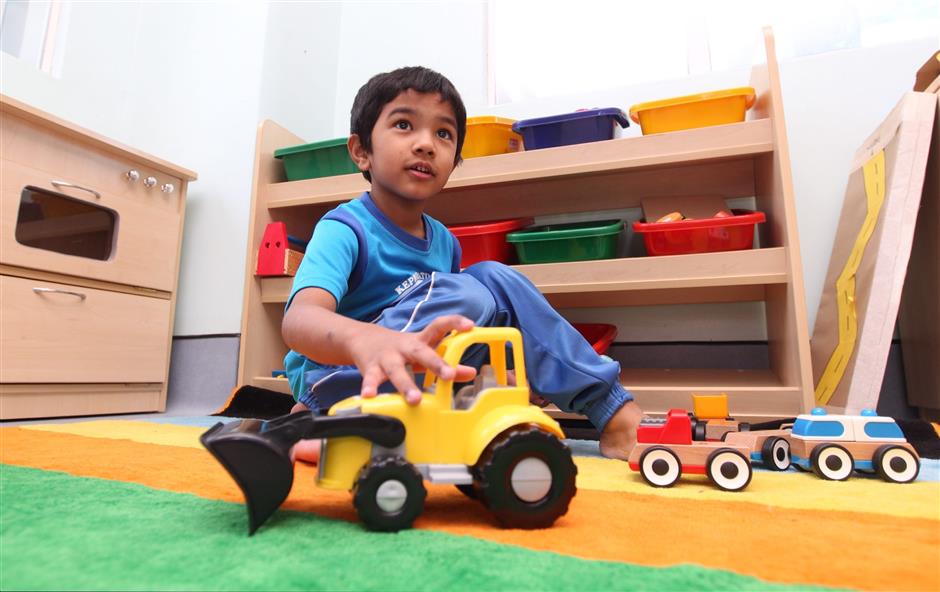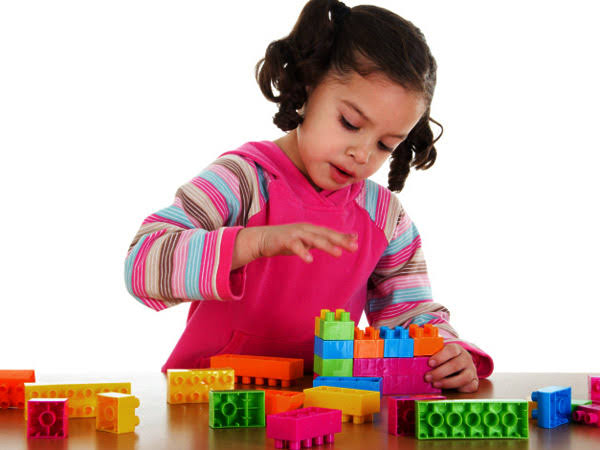
OUR FEATURES
At suas similique definitiones est, vim ea tempor perpetua. Sale eripuit ponderum ne his, ad duis reque prodesset vis.
Pleasant teachers
Beautiful place
Affordable plans
Natural learning
Daily meals
Autism is a neurological condition that can affect how people think, communicate, interact socially and process sensory information. It is a spectrum condition where no two people are exactly the same. Some individuals are extremely verbal while others may have limited or no speech and need alternative strategies for communication. Some need support with daily living skills while others can live independently.
All human beings benefit from predictability in their lives while people on the Autism Spectrum crave it because there are so many more stressors in their lives. So, how has this coronavirus pandemic impacted them? Some are missing their daily routine of school, outdoor play and therapeutic support while some children are liking this social distancing and home quarantine because social interaction, environmental sensory stimuli like touch, sounds, smells were already stressful for them.
The next question that comes to our mind is how do the parents of children with Autism spectrum cope with this “new normal”? Most of the parents are in a challenging situation to keep their children occupied without any external support and routines they used to have before. So, here are some positive coping strategies.
First and foremost, nothing is more important than your own mental health. With the lines blurred and the overlapping roles and responsibilities of being a parent, housemaker, teacher and a therapist, you are most likely to feel stressed. But this stress will pass on to your child and make him/her more anxious. The key here is to not to be harsh on yourself, and try to be more mindful. You are doing your best to meet the expectations of the multiple roles played simultaneously by you. Some simple breathing exercises and home-based workouts for the parent must surely help.
The next important thing is to maintain a structure and routine. As much as possible, follow previously established routines related to sleep/waking times, and completing household chores and activities of daily living. A visual schedule will help your child understand the new structure of their daily routine at home. It is appropriate to include limited screen time within the daily schedule, but be sure to provide transition warnings and visual countdowns when transitioning away from highly preferred activities.
Use “social stories” to explain new social rules and steps to follow during this pandemic. They are short descriptions of a particular situation, event or activity, which include specific information about what to expect in that situation and why. You can make your own social story by adding pictures; create a book for ready reference or simply read it as a story to your child.
A child may feel overwhelmed with what they hear, so they will stereotypically keep asking the same questions, even though they have already heard the same answer several times before. If this happens, introduce a rule. Fix a time in the day when the child can talk and ask you questions about coronavirus. Try answering their questions honestly, in a manner appropriate to their abilities, without causing fear. Ignore stereotyped questions outside the allotted time.
There has been enough emphasis on how important hand-washing is as a preventive measure in this situation. Since hands should be washed for at least 20 seconds, help your child understand how long that period is. For this purpose, you can use hourglasses, liquid timers, counting, singing or reciting a verse of appropriate duration, and similar.
The next step is to facilitate positive coping and calming strategies for the child. If your child has calming and coping strategies that are effective in other stressful situations, providing him or her with a list of choices for calming during these stressful times will help with self-regulation and managing anxiety. Choices may include physical exercise, deep breathing, accessing a favourite activity, going to their calm corner, or listening to music.
Many parents have reported behavioural changes in their child; some of them are, being hyperactive, increased frequency of temper tantrums and more meltdowns. If significant behavioural changes occur, consider taking additional support from your therapist via teletherapy as it is a piece of professional advice coming directly from a person who already knows and understands your child. This also helps the parent stay in touch and work on their child under the therapist’s guidance without this pandemic causing an interruption in the child’s progress. Some therapists have also shifted their approach to focus on a parent training model to provide parents with tools to manage interventions at home.
Now and always, remember to applaud your kids for being good and provide lots of praise for positive behaviours at home and in public. Be easy on yourself and practice self-care.


